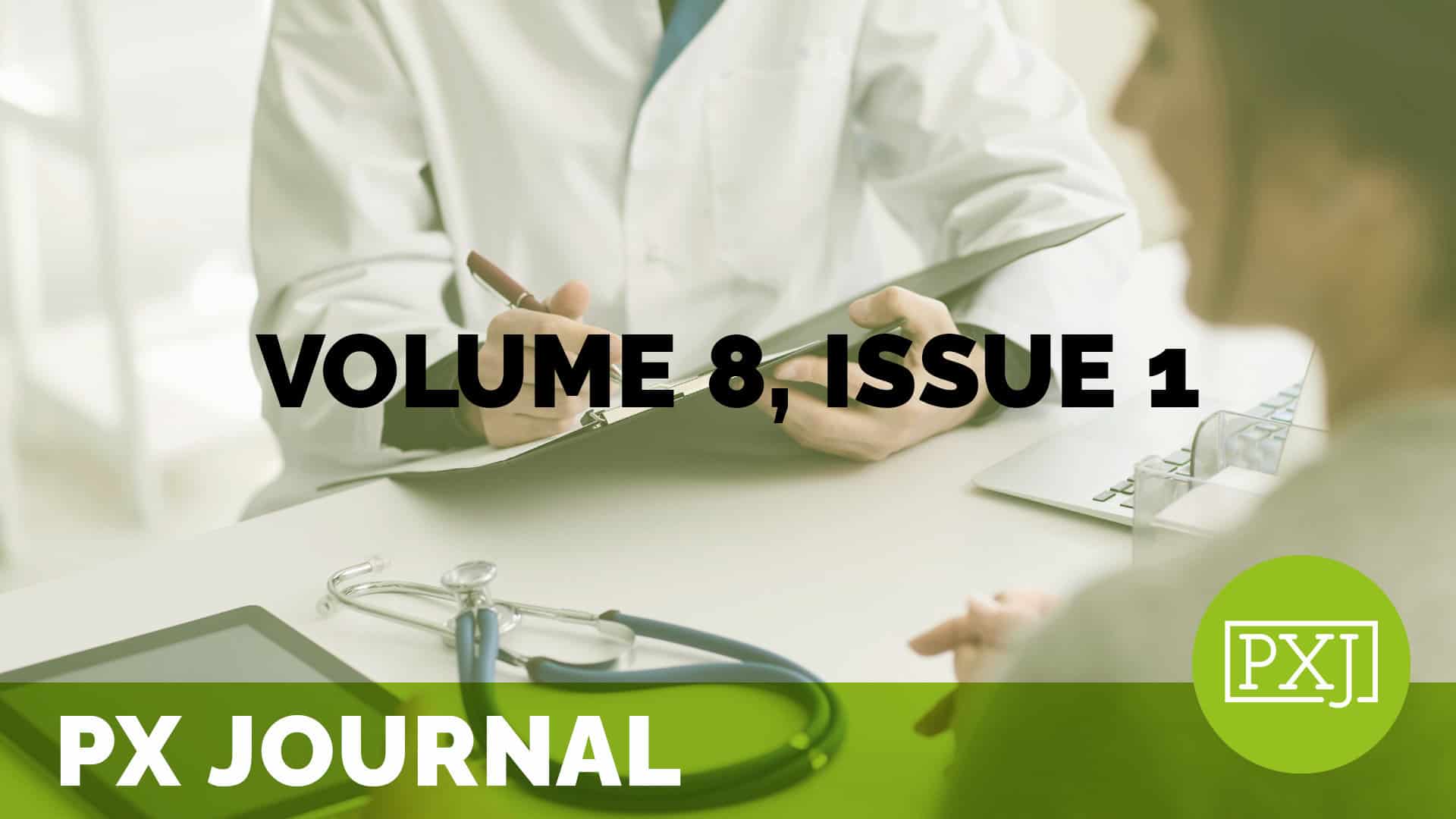Reexamining Defining Patient Experience: The human experience in healthcare
Published April 29, 2021


In 2014, the authors came together with the explicit purpose of understanding how people were defining patient experience.1 Our broad review and analysis of the literature led us to a few critical points. One, as our review showed, there was an absence of a commonly used definition around patient experience in healthcare. Two, while consistency in the use of one definition was not revealed, there was great alignment around central components seen as critical to patient experience. Three, we highlighted the recurrence of key concepts from the literature that are also found in the definition offered by The Beryl Institute that include: ‘sum of all interactions,’ ‘the influence of organizational culture,’ ‘patient perceptions,’ and the importance of considering experiences ‘across the continuum of care.’ While this initial inquiry took place seven years ago, we would suggest that these core definitional concepts are no less relevant today and, in fact, may have grown in significance, as those in healthcare have come to better understand the scope and scale of experience. Hence, the purpose of this paper is to assess how the definition has evolved to encompass novel and timely viewpoints that complement the original definition and understand how – and in what ways – the definition has advanced. The definition of patient experience was a significant milestone. It provided simple language for the truly complex nature of what patient experience is and has ultimately served as a foundation for framing the human experience in healthcare. The human experience in healthcare integrates the sum of all interactions, every encounter among patients, families and care partners and the healthcare workforce. It is driven by the culture of healthcare organizations and systems that work tirelessly to support a healthcare ecosystem that operates within the breadth of the care continuum into the communities they serve and the ever-changing environmental landscapes in which they are situated. The human experience in healthcare ultimately is the fruit born from the core of patient experience itself.
Related content
-
Culture & Leadership | Staff & Provider Engagement
Reigniting Frontline Culture Through Service Behaviors
Published March 10, 2026

2pm ET / 1pm CT / 12pm MT / 11am PT – Discover a proven framework for building a positive, patient-centered culture through standardized service behaviors. This webinar offers interactive strategies – role play, video modeling, and recognition planning – to engage teams in consistency and compassion. Join this webinar to learn how this approach
Learn more -
Culture & Leadership
Pennsylvania Hospital Brings Service Recovery to the Bedside: How CipherRounds Helped Leaders Catch Issues Early, Reduce Complaints, and Improve Experience
Published February 21, 2026

Pennsylvania Hospital faced a common challenge in patient experience: feedback arrived after discharge, when it was too late to address concerns that shaped how patients remembered their stay. By bringing service recovery to the bedside through CipherRounds, leaders were able to identify and resolve issues in real time.
Learn more -
Culture & Leadership
To Care is Human – LIVE! A Conversation with Dr. Owais Durrani
Published April 7, 2025

Recorded live at ELEVATE PX 2025, this episode of To Care is Human features Jason Wolf and Dr. Owais Durrani. Listen in as they discuss his journey in healthcare, the role of AI, and the importance of equitable care. Key takeaways included the need for ethical AI use, the critical role of communication in hospitals,
Learn more
